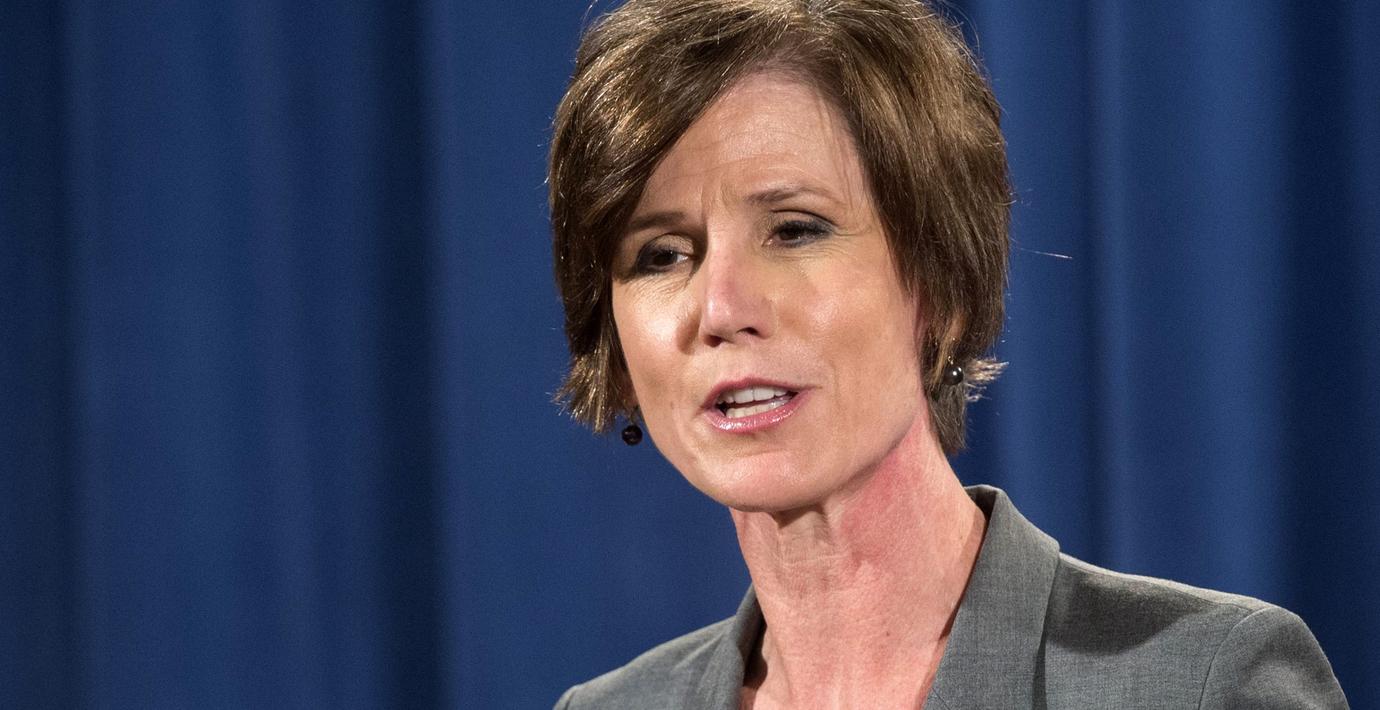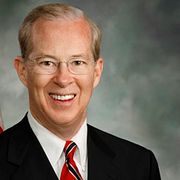bakgrund
Donald Trumps presidentdekret om inreseförbud
Wikipedia (en)
"Protecting the Nation from Foreign Terrorist Entry into the United States" is an executive order signed by U.S. President Donald Trump on January 27, 2017. The order, part of Trump's immigration-related campaign promises, suspends the U.S. Refugee Admissions Program (USRAP) for 120 days, after which the program will be conditionally resumed for individual countries. The order also suspends entry, regardless of valid non-diplomatic visa, by alien nationals of Iraq, Iran, Libya, Somalia, Sudan, Syria and Yemen for 90 days, after which an updated list of prohibited countries will be determined. Further, the order suspends entry of refugees from Syria indefinitely. The order, however, establishes that exceptions may be granted on a case-by-case basis. Based on this exception, the Department of Homeland Security exempted lawful green card holders, citing national interest provisions in the executive order.
The order prompted international criticism, with protests in New York's John F. Kennedy International Airport and at other U.S. airports. A lawsuit, Darweesh v. Trump, was filed by the American Civil Liberties Union (ACLU) seeking to block implementation of the order. A federal court in Brooklyn temporarily halted parts of the order on January 28, but the court has neither let the affected people into the country, nor ruled on the constitutionality of the order. On January 29, a federal court in Boston temporarily barred the detention of the affected people "who, absent the Executive Order, would be legally authorized to enter the United States." This court order restores the ability for lawful immigrants from the seven barred nations to enter the U.S. through Logan Airport. According to The Washington Post, the travel suspension can potentially impact around 90,000 people, which is the number of immigrant and non-immigrant visas issued to people from the seven affected countries in fiscal year 2015. On January 30, The White House clarified that 109 people out of 325,000 people entering the country in a 24-hour period were stopped for additional screening.
After the ruling, the Department of Homeland Security said that it would continue to enforce all of the executive order and that "prohibited travel will remain prohibited". Lawyers representing the affected travelers said on January 29 that limits established by court rulings were not being universally followed. On the same day, announcing a reversal of the order's scope, White House Chief of Staff Reince Priebus said that the order would not affect U.S. lawful permanent residents (i.e., green card holders), and that "going forward" the order would allow exceptions on a case-by-case basis. However, many travelers detained as a result of the order since January 28 were held for hours without access to family, friends, or legal assistance.



